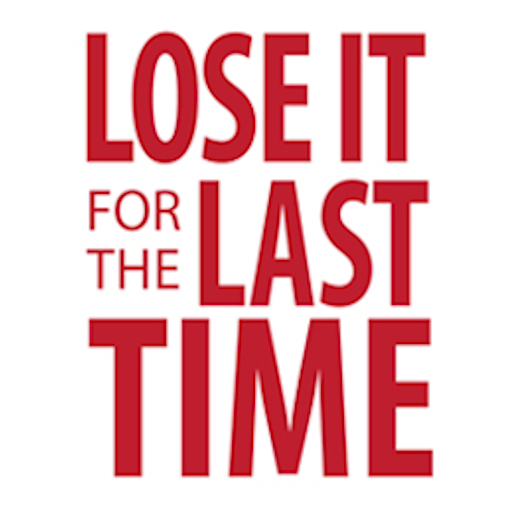Who You Eat With May Affect What You Eat

One factor that may make your environment challenging to your weight loss efforts are the actual people in that environment. Many of us live in an environment where the values and efforts we place on eating right and exercising may not be shared with most of the people close to us. A recently published review of fifteen studies found people are influenced by the norms, or expectations and practices, of the people around them. The studies looked at how information about food intake norms and food choice norms influenced foods consumed by participants. Participants were more likely to make food decisions based on the group norms because of a strong association between eating and feeling part of a group or identifying with that group.
This means that if people around you are making healthy food choices, you are more likely to choose healthier foods as well. If people around you are eating high calorie meals, you are more likely to do so. Interestingly, these social norms are found to influence our food choices even when we eat alone.
That being said, awareness is the first step to identify a problem and find a solution. If you find yourself in an environment with unhealthy eaters or overweight individuals, it is important to evaluate what behavior may be harmful to your health or which food choice does not mesh with your health goals and practice your healthy alternative. Family members, friends and significant others may apply social pressure in eating situations. The group may not be tolerant of your choice at first. It is helpful to have an explanation planned to assure your behavior or choice is not intended to separate you from the group. Your family and friends may not understand, but over time will accept your food choices and hopefully, you will feel less pressured to eat according to their norm to be a part of the group.
Rehearsing these responses is the way to be prepared. The best reply is as brief as possible to avoid further discussion or explanation. Staying polite and gracious is in your best interest, and theirs.
Some responses that will allow you to respond without a lengthy explanation:
Situation: You are not hungry while others are eating
Repsonse: “Thanks for asking, I’ll have some tea and keep you company”
Situation: You are offered a snack
Response: “Thanks, I’m going to pass for now”
Situation: Your surrounded by people eating dessert
Response: “Thanks, I’m full. I’m going to wait for dessert for now”
Situation: Your coworkers leave brownies and cookies in the break room
Response: “I’m not hungry right now but I’ll take it with me for later” (By the way, when you bring it back to your desk, you can either throw it in the trash or take a small bite before you do, at least you avoid the peer pressure of eating what you don’t think is suitable)
Most important is to think through your challenge, come up with an alternative behavior or response, and map out a plan to improve the outcome.
Eat today for a healthier tomorrow

Recent Comments